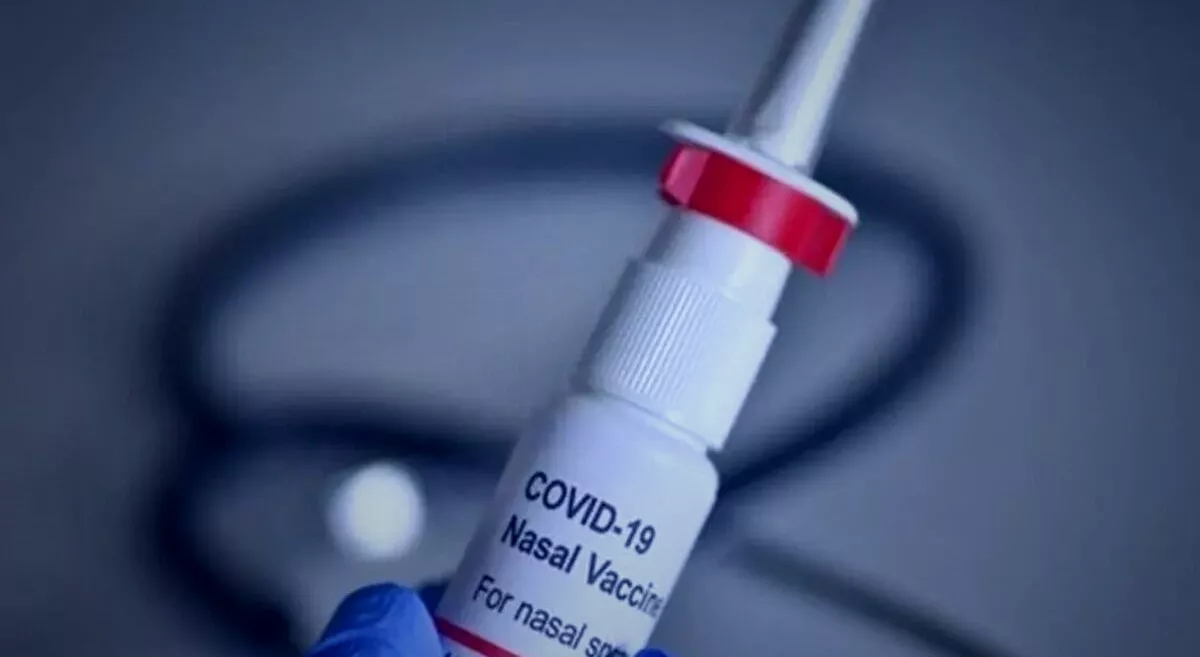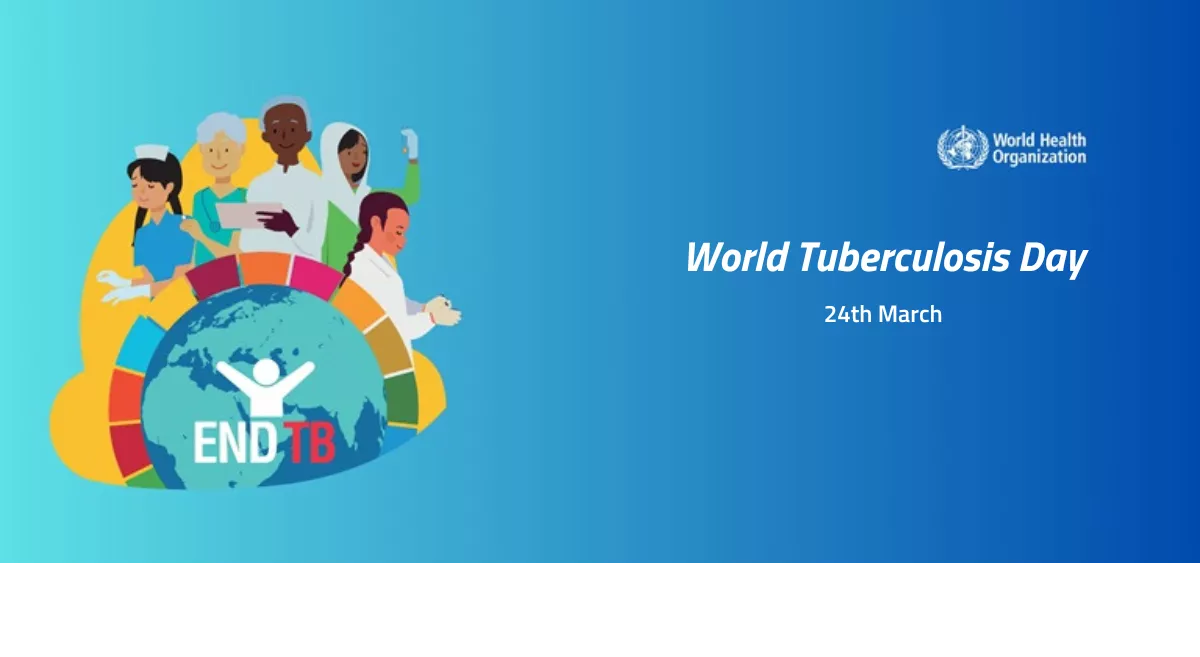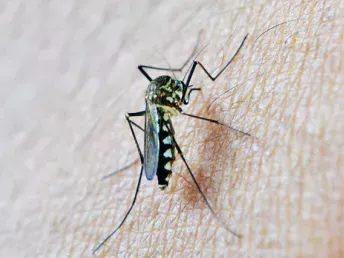As the world once again braces itself for the pandemic, countries, pharma companies, hospitals and healthcare workers are now working towards increasing the research and access to vaccines. Amid this scenario, the intra nasal vaccine - Inovacc from Bharat Biotech is expected to be a game-changer. Approved by the Govt. of India, these vaccines aim to overcome the hesitancy of vaccine jabs and have been introduced as booster doses for adults above 18 years of age. The intention of these vaccines is to act locally against the virus in the nose, which is the primary route of entry. It is a recombinant replication deficient adenovirus vector vaccine with a pre-fusion stabilized spike protein.
What is a Nasal Covid Vaccine?
Until now, the most common route for vaccine delivery was subcutaneous i.e. between the skin and the muscles, but with the discovery of intranasal vaccines, these liquids can be administered via spray, through a dropper and a syringe.
As COVID-19 virus enters the body through the mucosa region (wet, squishy tissues that line the nose, mouth, lungs and digestive tract), therefore, protecting these entry points becomes critical to restrict the virus spread.
Scientists have also proven how airborne virus modifies the first immune response in the respiratory tract of an infected person and increases their levels of sickness.
Hence, by mimicking the first step of natural exposure to an airborne pathogen, nasal vaccines can help in training a person's immune system at the potential place of infection. These vaccines are also painless and non-invasive and do not require any specialized training to use.
How are nasal vaccines different from intramuscular vaccines, and how do they work?
When you are injected with an intramuscular vaccine, it triggers a strong immune response in the cells that are close to the site of the shot and produces covid specific antibodies throughout the body. At the time of the Covid-19 infection these immune cells start mounting a defense and gather around the infection site to stop the virus from replicating. Even though this process offers some amount of protection, however, this is not enough as the virus spreads rapidly throughout the body and our immune response is often unable to keep up with its spread.
Nasal vaccines overcome these limitations as they mimic the virus to prepare our immune system against it. These vaccines replicate the entire process of infection and boost a protective response within the mucosal immune system of the nose and throat, thereby creating a protective guard at the right location even before the break-in of the virus.
What are the limitations of nasal vaccines?
While nasal vaccines are known to be safe, but they require certain precautions as our nose is close to the brain, and any error can lead to several complications. Therefore, getting the right dosage is extremely important. It is also one of the key reasons why these vaccines are currently being given to only 'adults' as it can be tough to get the correct dosage for children. Another limitation of nasal vaccines is stuffy nose and sneezes as it causes hindrance in the process and lowers the desired outcomes of the vaccines.
What are the benefits of nasal vaccines?
The benefit is the ease of administration since intra nasal route.
Where can you get nasal vaccines?
Currently, these needle-free vaccines are available at private hospitals and are likely to be rolled out in the national Covid vaccination programme soon. The CoWIN platform too will be modified in this regard.








